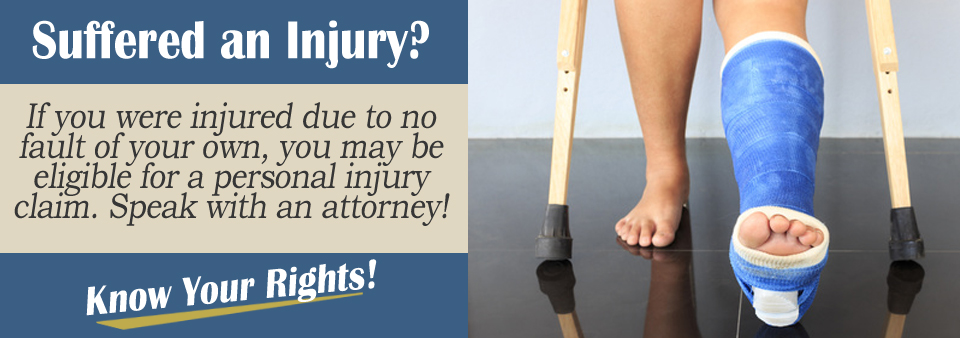If you have been involved in an accident that left you with injuries that required medical care, then you have a pain and suffering claim. When you file a personal injury claim against the at-fault or liable party, you will ask to be compensated for all your damages at once. That claim should include your request to be compensated for your pain and suffering. Your personal injury attorney will help calculate your damages so you can be fairly compensated for your losses.
Calculating Pain And Suffering
To be able to recover pain and suffering for your injuries, you will need to seek medical care. Your pain and suffering totals are calculated by determining your medical bills and then using a multiplier to determine the fair value of your losses. As an example, if you suffered a serious back injury that required surgery and physical therapy then your medical bills might add up to be $27,000. Your attorney will take the severity of your injury and the long-term effects of it then multiply it by a number ranging from 1 to 5.
The more serious the injuries, the higher the multiplier that you will use. As an example, for a serious back injury, the multiplier might be a 3 or 4. If you have a traumatic brain injury that will require life-long care, the multiplier may be a 5. A soft tissue injury, such as whiplash or a pulled muscle, might lead to a multiplier of 1, 1.5, or 2 being used. Your personal injury attorney will assess your situation.

Considering Future Losses
In addition to looking at your past medical bills and past lost wages, you will need to consider what the future holds. Any future medical needs and any future lost wages must be considered as well because you cannot go back and ask to be compensated for them later. When you file your pain and suffering claim, you will need to include all your damages. Here are some of the common damages sought in a personal injury claim after an accident:
- Medical bills – past and future
- Lost wages – past and future
- Pain and suffering
- Mental anguish
- Permanent scarring and disfigurement
- Loss of enjoyment of life
- Loss of consortium
There is a statute of limitations for pursuing a personal injury claim after an accident. Your state laws establish these timeframes. If you wait too long, you cannot be compensated for your losses.
Consult With A Personal Injury Attorney
If you have suffered injuries or damages in an accident, you should consult with a personal injury attorney in your area about pursuing a claim for pain and suffering. Personal injury lawyers work on a contingency basis, so you will not be out of pocket. Your attorney will not be paid until you are awarded a judgment or a settlement to cover the damages you suffered in the accident. Complete the Free Case Evaluation Form today so an attorney can review the details of your case.